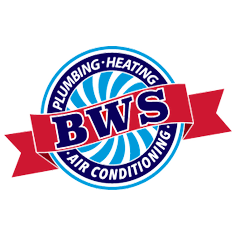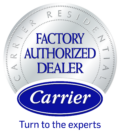Hard water makes your life harder in a number of respects. You have to clean the showers and sinks more often. You need more soap to wash clothes and dishes. The same mineral scale builds up in your pipes, too, until they need to be replaced. This makes a water softener system an investment in your home as well as your quality of life. Here are three tips for choosing a water softener system.
Determine Your Requirements Before You Go Shopping
Before you start shopping for a water softener, know the basic requirements of the system. There’s no point buying a water softener if it cannot deliver enough water to meet your family’s needs. Know how much water you use each day. You can get a good idea of this from the water consumption information on your water bill.
Another factor to consider is the hardness of your tap water and any other water quality issues you need to correct. When you know what your water hardness is, you can determine the daily softening requirement. This gives you an idea of how much softener the unit will need. You’ll be able to estimate operating costs based on the volume of softeners the unit needs, and you can get an idea of the maintenance requirements.
Understand Your Personal Needs and How It Impacts Your Choices
Understand your personal needs before you begin shopping for a water softener. For example, there is not just one type of water softener system. If you are concerned about excessive salt intake, you could use a salt-free water softener that uses potassium chloride instead of conventional brine salt. Everyone else can consider a salt-based ion exchange softener.
If you want to avoid using salt altogether, magnetic water softeners and descalers are an option. These systems clip onto your incoming water pipe and create a magnetic field to prevent the formation of calcium scale in the pipe.
If you use a lot of water in spurts, such as running the laundry while taking showers, then an on-demand water softener may be the better choice. If you’re using water throughout the day, know that a water softener can’t deliver water while it is recharging. Dual tank water softeners can meet the demand by delivering water from the tank that is not recharging.
Balance Cost with Capacity and Efficiency
Don’t make the mistake of buying a cheaper unit when it doesn’t provide enough soft water for your family. For example, don’t choose an under-the-sink model when you really need a whole-house water softener. Choose from the range of existing technologies and designs to find one that works best for you, and compare the lifetime ownership cost of the equipment instead of picking the cheapest option.
High efficiency water softeners use less salt, but you typically pay more for them. This is a worth while trade if you have high water consumption. If you will struggle to do maintenance, then the convenience may be worth the cost. Always look for water softeners that have NSF/ANSI 44 certification. That indicates that it is very efficient.
Smarter home water softeners will enter regeneration mode when necessary. This will save on both salt and water. This is the better choice for homes that use a lot of water but don’t want to install large storage tanks.
In Summary
Whether your city relies on water from aquifers or you’re dependent on well water, you’ll reap the benefits of owning a water softener. You’ll see the greatest ROI if you choose the right type for your situation and your family’s needs.


